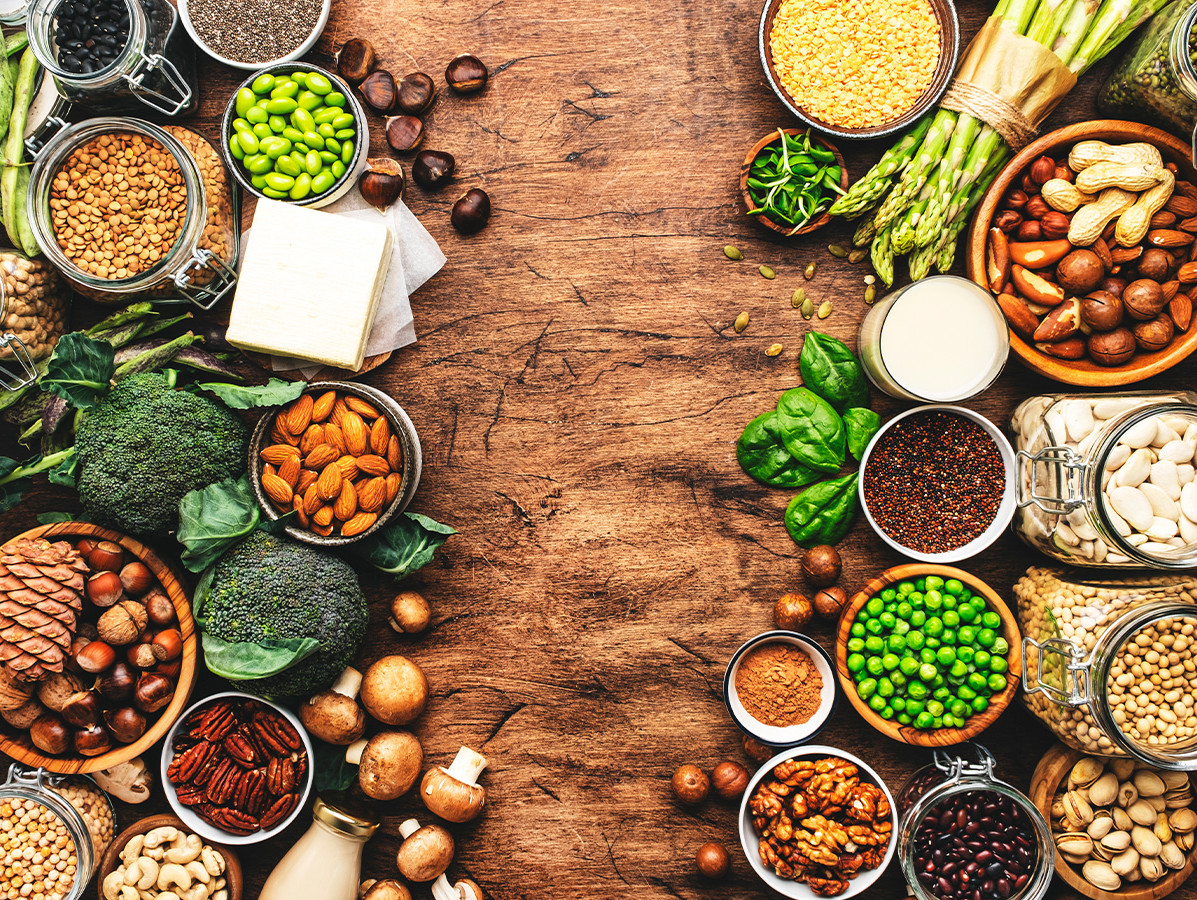
After several years of robust growth, sales of meat and dairy substitutes through the supermarket channel are stagnating this year. For further growth, there are opportunities for producers in terms of innovation, economies of scale, international sales markets and new target groups, according to an ABN AMRO report.
Sales of meat and dairy substitutes grew rapidly in recent years. Sales increased by double digits from 2017. Last year, however, sales declined. This is largely a correction to the high supermarket sales in 2020 and 2021 due to the corona measures that kept the catering industry closed. In addition, consumers' spending is declining and they are more critical about where they spend their money. This translates into less expensive supermarket purchases. For both dairy and meat substitutes, it is still a relative niche, with definite potential. ABN AMRO therefore sees plenty of opportunities for these products in the coming years.
First, the group of consumers who do not want to eat meat or eat less meat is growing. Second, the government and supermarkets aim to increase the share of plant proteins in the diet of Dutch consumers from 40 per cent now to 50 per cent in 2030. Furthermore, in the countries around us, the market is bigger but per capita consumption of meat substitutes is lower. Expanding internationally has the added advantage that economies of scale can reduce the price per unit produced. A low price relative to meat or dairy is important for this product category. Finally, innovation in taste and texture is crucial. A lot is happening in this area that could give the market for vegetable substitutes a new boost.
ABN AMRO expects that towards 2030, sales of meat substitutes could double. The market for dairy substitutes could grow even more strongly towards 2030, as the market for plant-based substitutes for cheese and yoghurt is still in its early stages. The forecast is surrounded by uncertainty, though. Truly ground-breaking innovations require substantial investments in production sites and technologies that are still under development. In addition, there are several factors that could act as inhibitors, for instance that the sustainability and health of plant-based alternatives are also increasingly under the magnifying glass. Consumers may also more often choose to create their own vegetarian dishes with legumes, for instance.
Read the full report 'Opportunities for meat and dairy substitutes - Towards a more plant-based diet'
Abnamro.nl
Source: ABN AMRO